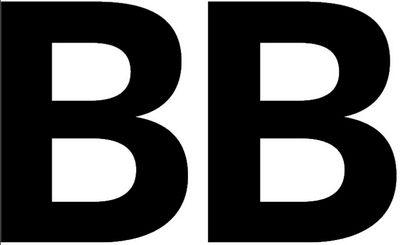Effective goals come with a timeline. If we don’t meet the defined criteria before the time runs out, we fail.
So if we’re short of our goal with the deadline approaching, we have a decision to make.
We can sprint for the finish line or continue business as usual.
Go to your local car dealer at the end of the month, and you’ll know what the sprint looks like. Salespeople work long hours and spring up significant incentives in the hopes of bringing in a few extra sales before the calendar turns.
I’d imagine this works to some extent. Otherwise, it probably wouldn’t be such a widely practiced tactic.
But it isn’t without side effects.
Knowing that I’ll get a better deal at the end of the month, I doubt I’ll ever get a car before the last week. Similarly, the whole charade makes it hard to really trust the dealer. It feels disingenuous when I haggle and work the manager down to the “best possible offer,” just to see that price suddenly beaten because of the date. It becomes obvious that I wasn’t getting the full story before.
So what’s the solution?
Goals can be useful. And attaching an expiration date at the end makes them much more effective.
But it’s important that we recognize the difference between a meaningful deadline and an arbitrary one (like the end of the month).
Sprinting at the end of the race comes with consequences – both internal and external. Sometimes it’s worth living with the consequences to meet our goal.
Other times, it’s better to accept a short-term loss for the greater good.
-Brandon
